Duke faculty, alongside professors from North Carolina Central University, North Carolina State University and University of North Carolina at Chapel Hill, held an eight-person panel discussion, “Save Our State: Scholars Speak Out on North Carolina’s New Direction,” titled to address issues including health, environmental and educational polices in a Republican-dominated North Carolina state government.

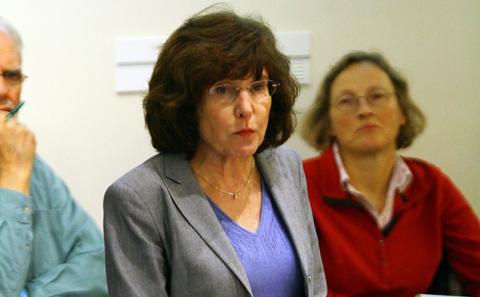
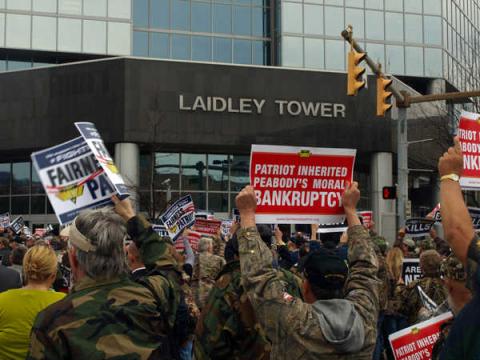
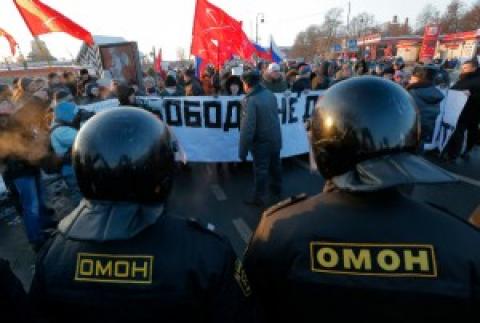

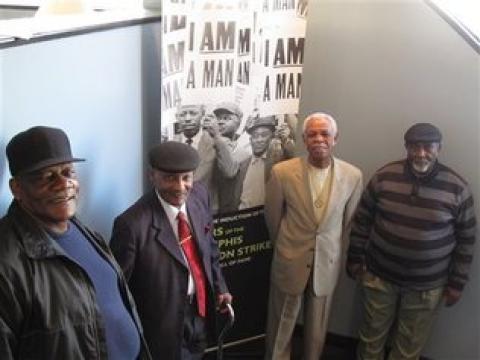
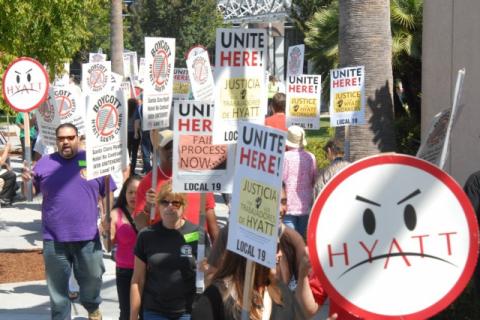
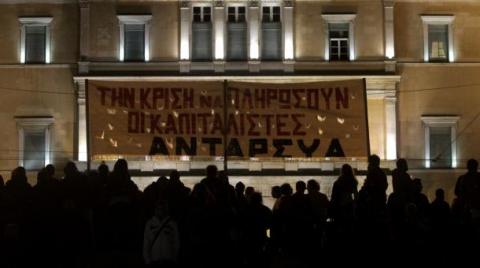
Spread the word